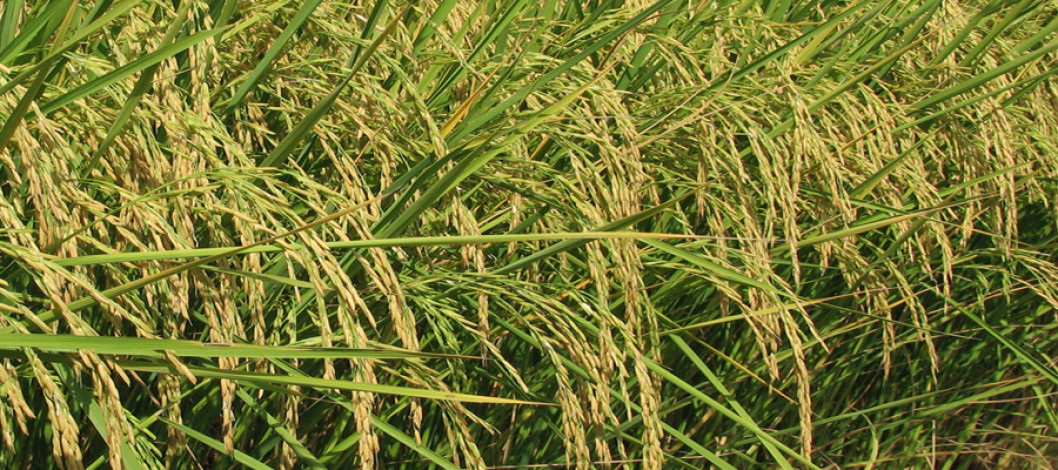
File Photo
India's agricultural exports have grown with innovative basmati rice varieties, aimed at sustainable farming and reduced pesticide use. India's basmati rice exports hit $3.54 billion, and IARI introduced disease-resistant varieties.
In the fiscal year 2021-22, India marked a significant achievement in its agricultural exports by shipping 3.9 million tonnes of Basmati rice, valued at $3.54 billion. Over 81% of these exports were directed to major markets including Iran, Saudi Arabia, Iraq, the UAE, the US, Yemen, Kuwait, the UK, Oman, and Qatar. To further boost export opportunities and reduce pesticide reliance, the Indian Agricultural Research Institute (IARI) has launched three innovative basmati rice varieties with inherent disease resistance during this Kharif season.
Innovative Varieties to Transform Basmati Cultivation
Positioned to revolutionize basmati rice cultivation, the PB1847, PB1885, and PB1886 cultivars distributed by IARI exhibit resistance to bacterial blight and blast diseases. These new varieties are expected to gradually replace the dominant PB1121, PB1509, and PB6 cultivars, which currently account for over 90% of the basmati rice cultivation area. The Director of IARI, AK Singh, highlighted the problem of existing varieties developing resistance to diseases, leading to increased pesticide use and subsequent export rejections due to pesticide residue.
Reducing Pesticide Dependency
Field trials have shown promising results for the new basmati varieties, with seeds now being distributed to farmers for further multiplication. This move is especially significant in Punjab, Haryana, and western Uttar Pradesh, pivotal regions in basmati cultivation. By introducing these disease-resistant varieties, India aims to curb the unsustainable practice of relying on antibiotics and fungicides, subsequently reducing instances of export rejections. Former president of the All India Rice Exporters Association, Vijay Setia, expressed optimism about the potential of these new varieties to lessen pesticide use and improve rice quality.
Implications for the Future
The introduction of these new basmati rice varieties could herald a new era in Indian agriculture, with significant implications for export earnings, farmer income, and sustainable farming practices. An analysis by IARI between 2010 and 2019 showed that the PB1121 and PB1509 varieties contributed significantly to export earnings and domestic sales, benefiting approximately 1 million farmers. As India continues to dominate the global basmati rice trade, these innovative cultivation practices could further solidify its position while addressing critical environmental and health concerns.
Source: Online/GFMM
Comment Now